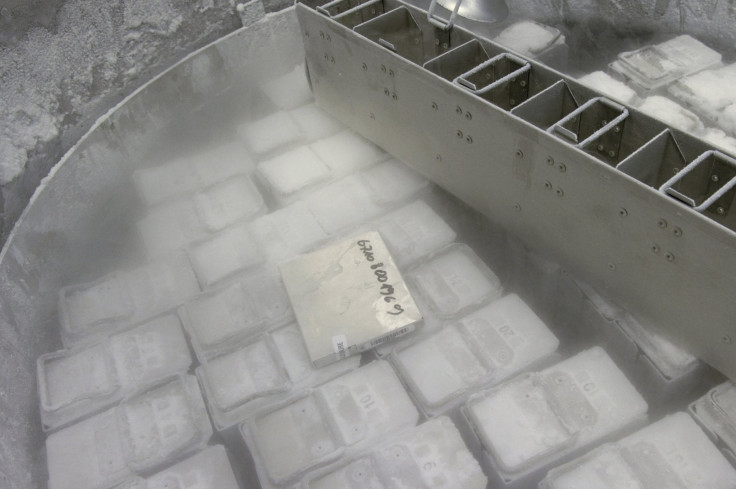Cryogenic Freezing News: British Teen Frozen After Judge Ruled In Her Favor

In a landmark and possibly precedent-setting case, a 14-year-old British girl who died from cancer was cryogenically frozen and hoping to be revived should a cure for her disease ever be found after a judge ruled in her favor last month, according to media reports this week.
The teen, whose name has not been revealed due to her age but referred to by initials “JS” in reports, penned a letter to High Court Justice Peter Jackson only days before her death on Oct. 17 asking him to allow her mother to decide what happens to her body after death. Her parents are divorced and had a discrepancy over their daughter’s wishes.
“I don’t want to die but I know I am going to...I want to live longer...I want to have this chance,” an excerpt of the letter reads.
Jackson approved the young girl’s request, but there were complications during the freezing process. The girl’s body was frozen and brought to the United States, making her just the tenth Brit and first British child to be frozen. The report states that her mother and doctors had “misgivings” about the freezing process, which was also labeled “disorganized.”
The concerns of the teen’s father focused on what kind of a life she could have if reanimated centuries from now.
"Even if the treatment is successful and [JS] is brought back to life in let's say 200 years, she may not find any relative and she might not remember things and she may be left in a desperate situation given that she is only 14 years old and will be in the United States of America,” the father wrote at the start of the case, according to CNN.
In the United Kingdom, the case has brought up serious discussions about regulating cryogenic freezing, specifically because it is not addressed in the country’s Human Tissue Authority, a government agency created by an act of the same name in 2004 that regulates the preservation of sperm and embryos.
Called cryonics and originated by the late Robert Ettinger in the early 1960s, the science has since gained traction since Ettinger started The Cryonics Institute in 1976, according to the institute’s official site. Today, the institute has more than 1,000 members, including 117 who are currently frozen at a facility in Michigan.
© Copyright IBTimes 2024. All rights reserved.





















